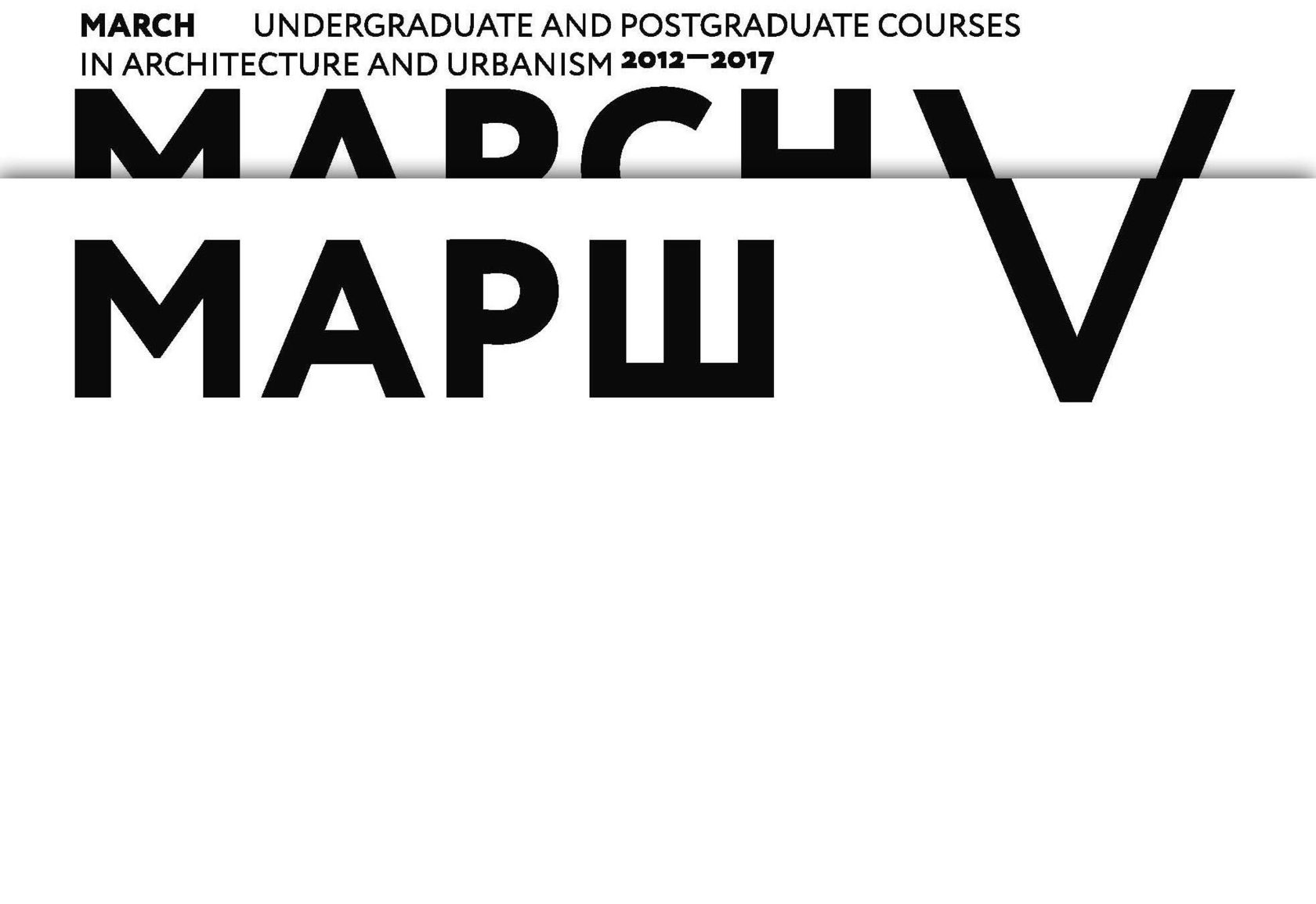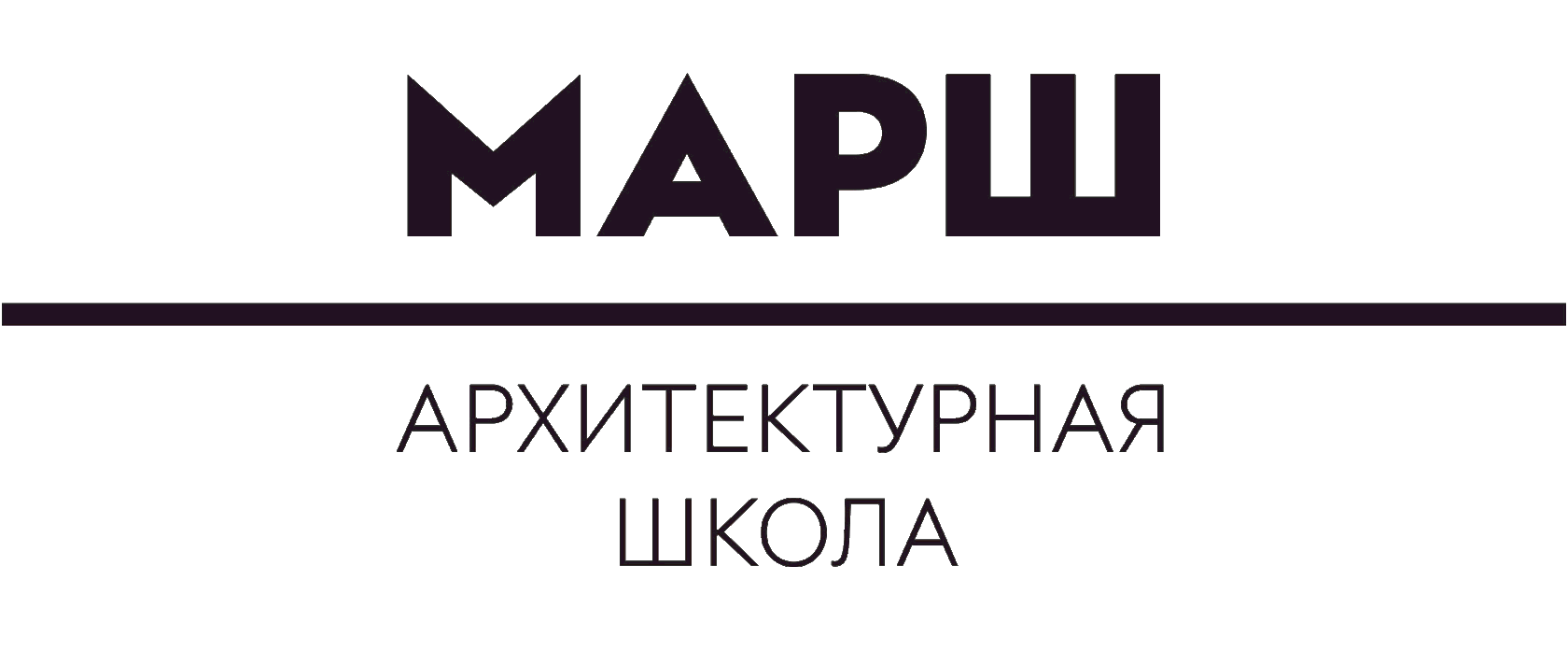


Narine Tyutcheva: Our approach to education is to teach students to formulate tasks for themselves and to be able to answer them independently



MARCH_Why did you consider it necessary to take up the Bachelor Degree programme? Were the master's students not good enough?
NARINE_It wasn't about quality. The students of the master's programme weren't bad, and more importantly, they were motivated. The problem is much deeper. They are the result of an entirely different system of education. Before starting the master's programme, you have to spend a lot of time transforming their way of thinking and teaching the necessary skills. We want to achieve quality master's theses and set ourselves not only an educational goal but also a scientific one, research and an innovation one. I firmly believe that universities are the principal experimental platforms for this task, a platform for studying and having creative discussions. However, despite the more or less successful projects, there is still a gap which we haven't had time to close because the time was spent on reorganising the students' functions and teaching them unusual skills, approaches and methods. Therefore it became obvious that if we want to reach a certain level, we need to prepare undergraduates ourselves, with the bachelor's degree programme.
M_Why is the first project — а Discovery, and not wash drawings?
N_Our approach to education is to teach students to formulate tasks for themselves and to be able to answer them independently. These answers, of course, require professional tools, such as, for example, wash drawings. But not the other way around. We try to grow authors, not managers. The author has entirely different goals and objectives, his priority skill is to formulate paradigms and generate ideas. Of course, we must teach students all kinds of managing skills, you can't go without it, but this can be taught during the process, especially if the student understands why they are needed. This is just one of the problems of the existing architectural education in Russia, where a huge number of subjects are presented with an utterly incomprehensible goal-setting. Why is wash drawing needed in the future? Why do you need any kind of special knowledge? Without understanding the answers to these questions, the student doesn't see a complete picture of learning the profession. And this is one of the major problems we are trying to solve. Our programme connects all the subjects into a single system where the main subject is architectural design. This is the hardest tasks which aren't solved immediately, but at least we are moving towards it, considering none of us has such experience. We are learning together with the students.

A wash is a term for a visual arts technique has been used in architectural renderings for over 300 years. In the academic architectural education in Russia, the whole first year of studying is devoted to the wash drawings technique mastering
Project on research, renovation and development of the oldest Moscow hydroelectric plant territory by MArchI students curated by Narine Tyutcheva and Anton Petukhov. Its catalogue is here.
Dmitry Panov _ Concentration of Loneliness _ Dmitry found three metal tubes in Gorky Park, which were welded to each other and assumed that builders made this object for their needs. The author saw beauty in this object and wanted to emphasise it by making the lower parts of the tubes glossy to change the people's emotional response towards the object and transform it from building debris into a spatial sculpture.
M_Turning to the experience of traditional Russian education, it seems risky to design a residential building at the end of the first year of the bachelor's degree. Why did you go for it?
N_ It's not a question of a residential building as such. First of all, we abandoned the so-called typological design typical of all architectural universities in Russia ㅡ a system of faculties, specialisations, where each project is developed based on methodologies and precisely formulated tasks. We believe that the tasks should be expressed by the students themselves, so we do not set a small task: "You need to design an apartment house," "You need to design a hospital." We let the student decide the typology, and study and form them themselves. Modern architecture is, largely based on generating new typologies and then comes form and language, the innovation, which lets the architect become an author and not a manager doing something according to a rulebook. The main thing that the students should master is methodology, the approach to architecture. The algorithm which should lie at the base of all of the project stages is the professional skill. Every exercise, every task, every project repeats this skill. First, in a straightforward game form, then ㅡ in a more realistic one. So, each time this algorithm becomes more complicated, new data is brought, and by the end of the programme the student already knows the design technique and can also creatively rethink it.
M_What is more important about this path, the result or the process of the studio?
N_Clearly the process. There is no result without the right process. A full, conscious, deep process. And if the result suddenly occurs, then, as a rule, it is simply an accident which almost never can be developed further and continued because the student does not understand the cause of the result. On the other hand, sometimes the process is fascinating and profound, but, for some reason, the result is not convincing enough. If the process is laid out comprehensively, correctly and the process of learning, research, analysis, reasoning is indeed completed, then it is easy to work with it on achieving a result, because it is always possible to understand where the student made a wrong turn. Or the teacher made a wrong turn ㅡ no one is protected from mistakes. The process is the cultural layers which keep adding. Of course, the process should be aimed at a certain result, but this should not be an end in itself for the school.
N_ It's not a question of a residential building as such. First of all, we abandoned the so-called typological design typical of all architectural universities in Russia ㅡ a system of faculties, specialisations, where each project is developed based on methodologies and precisely formulated tasks. We believe that the tasks should be expressed by the students themselves, so we do not set a small task: "You need to design an apartment house," "You need to design a hospital." We let the student decide the typology, and study and form them themselves. Modern architecture is, largely based on generating new typologies and then comes form and language, the innovation, which lets the architect become an author and not a manager doing something according to a rulebook. The main thing that the students should master is methodology, the approach to architecture. The algorithm which should lie at the base of all of the project stages is the professional skill. Every exercise, every task, every project repeats this skill. First, in a straightforward game form, then ㅡ in a more realistic one. So, each time this algorithm becomes more complicated, new data is brought, and by the end of the programme the student already knows the design technique and can also creatively rethink it.
M_What is more important about this path, the result or the process of the studio?
N_Clearly the process. There is no result without the right process. A full, conscious, deep process. And if the result suddenly occurs, then, as a rule, it is simply an accident which almost never can be developed further and continued because the student does not understand the cause of the result. On the other hand, sometimes the process is fascinating and profound, but, for some reason, the result is not convincing enough. If the process is laid out comprehensively, correctly and the process of learning, research, analysis, reasoning is indeed completed, then it is easy to work with it on achieving a result, because it is always possible to understand where the student made a wrong turn. Or the teacher made a wrong turn ㅡ no one is protected from mistakes. The process is the cultural layers which keep adding. Of course, the process should be aimed at a certain result, but this should not be an end in itself for the school.
The process is the cultural layers which keep adding. Of course, the process should be aimed at a certain result, but this should not be an end in itself for the school.
M_What is the process for you personally, is it sharing skills?
N_This is a question of a lifestyle, rather ... I never planned to be a teacher at all. I spent many years in MArchI as a critic, as part of the State Examination Commission, HES ㅡ and regularly heard people say in my address: "Go teach yourself for a while and then you'll criticise". But it always seemed to me that teaching and pedagogy is a separate profession and must be taught somewhere. It's not as simple as you coming in as a critic and giving critique to the students' projects, you have to explain what to do. You need a method to do this. And then everything started spontaneously, and in 2008 we did a diploma project with a group of students. It was my first teaching experience, and it was quite successful. It became more or less clear to me what teaching is about. Then it all began to move further, but I could only teach and graduate one group in MArchI. It didn't go further, unfortunately. I was fired. But luckily MARCH opened, so I am happy I was fired.
Ultimately, I need teaching as a professional architect. First, it allows me to explore themes that interest me personally, and this is very important. If it is interesting to me, then it will be interesting to the students. Secondly, to teach someone something, it is necessary to create specific goals, tasks, methods. This gives me structure, first of all, to my brain, and it helps me to improve myself. As for the practical interest, of course, I would like to see more and more architects thinking, feeling, reflecting, and graduating from year to year in our country. And there would be a generation to pass on our knowledge to.
N_This is a question of a lifestyle, rather ... I never planned to be a teacher at all. I spent many years in MArchI as a critic, as part of the State Examination Commission, HES ㅡ and regularly heard people say in my address: "Go teach yourself for a while and then you'll criticise". But it always seemed to me that teaching and pedagogy is a separate profession and must be taught somewhere. It's not as simple as you coming in as a critic and giving critique to the students' projects, you have to explain what to do. You need a method to do this. And then everything started spontaneously, and in 2008 we did a diploma project with a group of students. It was my first teaching experience, and it was quite successful. It became more or less clear to me what teaching is about. Then it all began to move further, but I could only teach and graduate one group in MArchI. It didn't go further, unfortunately. I was fired. But luckily MARCH opened, so I am happy I was fired.
Ultimately, I need teaching as a professional architect. First, it allows me to explore themes that interest me personally, and this is very important. If it is interesting to me, then it will be interesting to the students. Secondly, to teach someone something, it is necessary to create specific goals, tasks, methods. This gives me structure, first of all, to my brain, and it helps me to improve myself. As for the practical interest, of course, I would like to see more and more architects thinking, feeling, reflecting, and graduating from year to year in our country. And there would be a generation to pass on our knowledge to.
Alexandra Kositsyna _ Glass Bottle _ Alexandra found a thrown out glass bottle and studied its surface for a long time before deciding that the most valuable thing about the object is how it reacts to light. The author invented a simple game where depending on the temperature of the light beam the round bottom of the bottle begins to look like the sun or the moon.
M_You once told that one becomes a true architect by the age of fifty. Is there a certain set of skills, which you learn and which help lower that bar?
N_Well, first of all, I quoted someone from the great ones. It's hard to say. When I was 25, I was sure that it was complete nonsense, and that in a year or two or three surely I'll create a masterpiece, I will definitely lower this bar. Nothing of the kind happened. But this is only my experience ... I can say that the profession of the architect does not have a particular bar to reach. As soon as you told yourself, "I've finally become an architect, I'm omnipotent, I've achieved everything, and now I know how the universe works, what the truth is and how to make everyone equally happy," when you stopped doubting, it means, probably, that you just died. For the profession anyway. To be honest, I am already fifty, and I learned to do something, but the further I go, the more I understand that I haven't fully expressed myself, I haven't achieved the quality I wanted, and I still have unanswered questions. And most importantly there are more and more questions, and the personal request for quality is higher, and this goes on for eternity.
Interviewed by: Katya Rovnova
N_Well, first of all, I quoted someone from the great ones. It's hard to say. When I was 25, I was sure that it was complete nonsense, and that in a year or two or three surely I'll create a masterpiece, I will definitely lower this bar. Nothing of the kind happened. But this is only my experience ... I can say that the profession of the architect does not have a particular bar to reach. As soon as you told yourself, "I've finally become an architect, I'm omnipotent, I've achieved everything, and now I know how the universe works, what the truth is and how to make everyone equally happy," when you stopped doubting, it means, probably, that you just died. For the profession anyway. To be honest, I am already fifty, and I learned to do something, but the further I go, the more I understand that I haven't fully expressed myself, I haven't achieved the quality I wanted, and I still have unanswered questions. And most importantly there are more and more questions, and the personal request for quality is higher, and this goes on for eternity.
Interviewed by: Katya Rovnova
For the first time, the interview went out in a book "MARCH V" celebrating five years of operation of an entirely new School of Architecture in Russia. Issued by the TATLIN publishing house, the book is available in both English and Russian languages.
ON THE SUBJECT
PER FORMA
Choreographers and architecture students comprehended four significant architectural texts and treatises from the XV to the XX c. and found for them a form in a joint performance.
NURTURING
Eugene Asse, the MARCH School Dean, reflects the subtle process of architecture learning, and education as a form of radical architectural project.
EDUCATION
Robert Mull, co-founder and the honorary professor of the MARCH School, talks about the architectural education through the lenses of his own career episodes.




